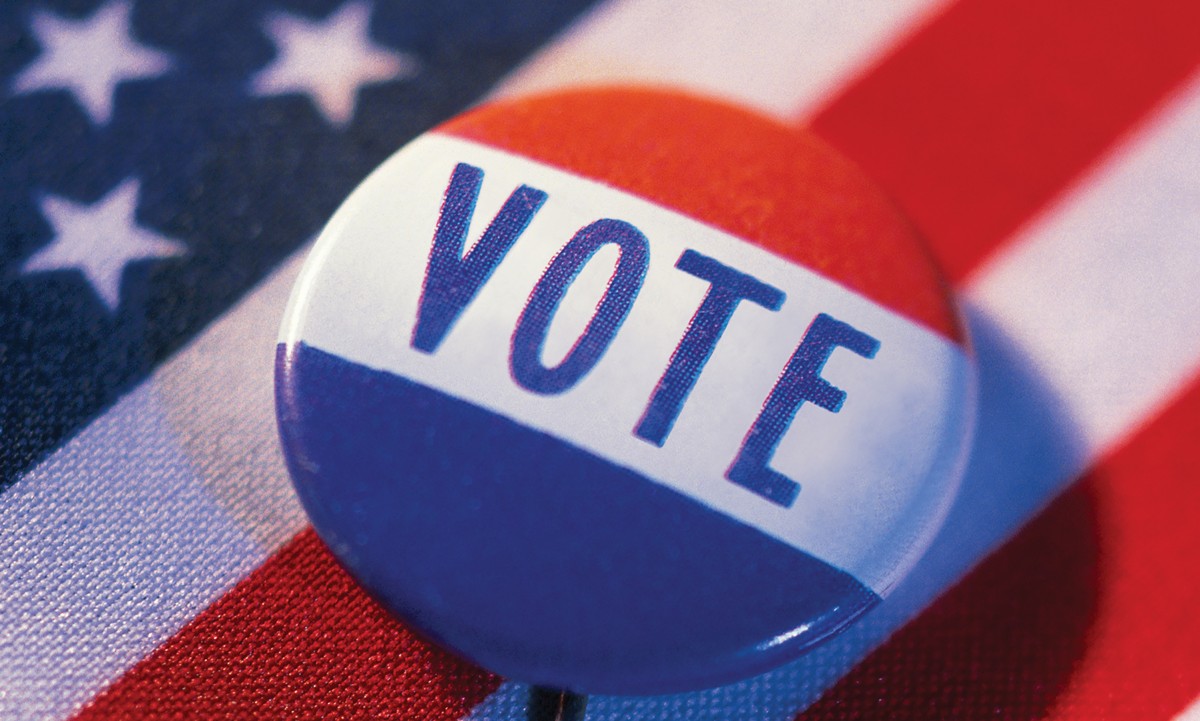Renewables and broadband among topics
MORGANTOWN — Rep. David McKinley, R-W.Va., and his Democratic challenger Natalie Cline recently met with The Dominion Post Editorial Board to field questions on issues connected to their campaigns for the 1st District Congressional seat. Here are some highlights.
McKinley opened, “When I went to Congress, one of the most important things that I was trying to do was get to a point where we do what we say we’re going to do. And that’s what we’ve been doing for the past 10 years.”
When he’s not in D.C., he’s holding meetings with constituents across the district to learn what they want from Congress, he said. He’s recently succeeded with a miner’s pension and health care bill and had four opioid bills signed into law, increasing federal opioid money for West Virginia seven-fold.
Cline said she moved back with her husband from D.C. a few years ago when their son was 2. They’d been gone for five years.
“We both felt like we were experiencing culture shock when we came back,” she said. “It really bothered me that a place that made me who I am could make me feel culture shock.” She’s running, she said, because it’s time for a change and new and fresh ideas.
The state is faced with the opioid epidemic, lack of health care access, lack of jobs diversity, she said. “I’m here because I think it’s going to take an average West Virginian who knows what it’s like to be an average West Virginian to make the changes that we need.”
Federal COVID-19 response and the next relief bill
Cline said, “I think that 216,000 deaths speaks for itself that it’s unacceptable.” She referred to President Trump calling the virus a hoax and minimizing its effects instead of prioritizing lives, health and welfare.
The next bill must include an extension of the Paycheck Protection Program for small businesses, she said. “The work’s not there, the jobs are gone at the moment. This is a lifeline so you can continue to pay your mortgage, not have your car repossessed, this is so you can put food on your table and pay your medical bills.”
Too much previous money went to bailing out big businesses so there needs to be a focus on what she calls Main Street businesses of less than 50 employees and ultra-low interest loans so banks won’t favor lending to the big businesses.
McKinley agreed that Trump made plenty of mistakes and offered wrong statements and mixed messages. But he did some things right: an early travel ban from China, Operation Warp Speed for a vaccine, for example. Trump didn’t overstep his Constitutional bounds in dictating how the states should respond.
Moving forward, he said, we also need to keep in mind that more people in West Virginia are dying from opioids than COVID. For the next bill, the PPP is fundamental. Unemployment funding must be structured so workers aren’t incentivized to stay away from work.
And there needs to be liability protection for schools and employers. “We want to give people the confidence and the certainty that if they do open up and they follow the guidelines … that they’re safe.”
The social safety net
McKinley wants to see more attention paid to mental health issues. The pandemic, with its enforced isolation, has the challenges of depression and self-medication.
Health departments need money and support, he said. He recently drafted a letter to leadership calling on Congress to send money directly to the health departments instead of channeling it through the governors’ offices.
Nutrition programs and the elderly need attention.
Cline said the pandemic has shined light on the need for public health care and the need for broadband. The federal government needs to champion making broadband a regulated utility and make sure no monopolies emerge.
Energy and powering the nation
Cline said, “I think West Virginia has a bright energy future.” Coal demand is fading and natural gas is rising. She supports coal miners and unions but wants to ensure a flexible job market that can rebound when demand in one energy area declines.
“We have a beautiful state with a diverse terrain that can support energy production in various fields.” She wants to propose legislation to incentivize alternative energy companies to come here as the state has done for coal and fracking and ensure that miners have access to alternative family wage jobs.
Her Reestablish Our Energy Authority Act would provide incentives for renewable energy companies to open up shop with the condition they hire 80% of workforce locally.
McKinley said, “We know we’re going to go to renewables, that’s not a question anymore. The question is how are we going to bridge the gap until renewables are dependable?” They can’t provide base load now.
As part of the bridge, McKinley wants to promote innovation at universities and national laboratories, to enable them to explore how to burn fossil fuels cleaner.
Tweet David Beard@dbeardtdp Email dbeard@dominionpost.com




